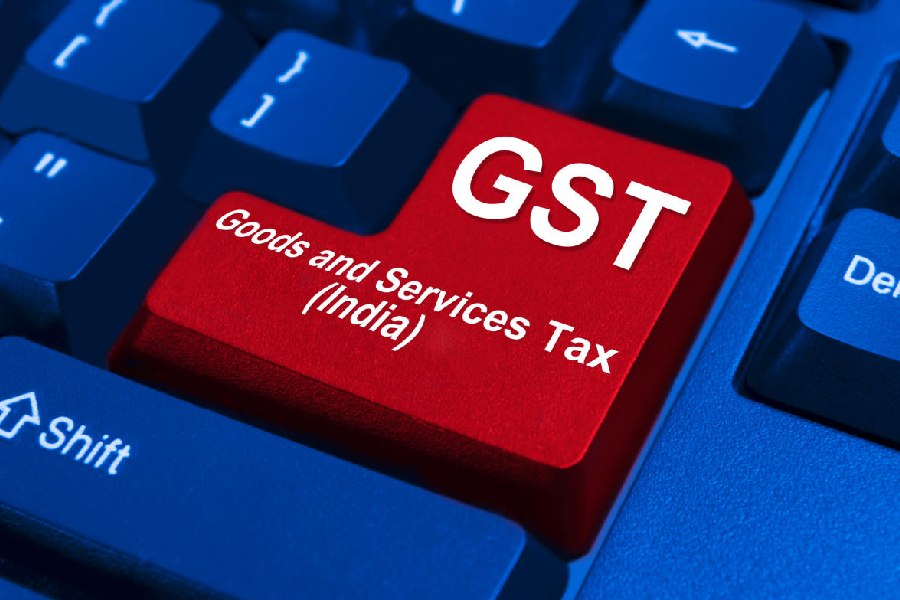The corporate guarantees given in favour of related parties will be liable for 18 per cent goods and services tax (GST) on 1 per cent of the amount guaranteed or on the actual consideration, whichever is higher.
However, personal guarantees offered by the promoter or director of the company might not attract tax, revenue secretary Sanjay Malhotra said.
Generally, in this case the director himself guarantees and there is no consideration given to her or him for it. So, it will not attract and GST because the value will be deemed to be nil.
Similarly, when a corporate guarantee is given by a company to its subsidiary then it will be deemed that the value is 1 per cent of the corporate guarantee. So it will attract GST at the rate of 18 per cent on 1 per cent of the total amount guarantee by the parent company, Malhotra said.
A statement issued by the finance ministry clarified that when no consideration is paid by the company to the director in any form, directly or indirectly, for providing personal guarantee to the bank/ financial instituitions on their behalf, the open market value of the said transaction/ supply may be treated as zero and hence, no tax is to be paid.
However, taxable value of supply of corporate guarantee provided between related parties (parent company and subsidiary) will be 1 per cent of the amount of such guarantee offered, or the actual consideration, whichever is higher.
Tax experts said the move was not in alignment with commercial reality and OECD guidelines on shareholder activities.
“This will open a pandora’s box in relation to ongoing investigations for both domestic and international transactions with implications under FEMA and transfer pricing,” L. Badri Narayanan, executive partner at Lakshmikumaran & Sridharan Attorneys, said.
Abhishek Jain, indirect tax head & partner, KPMG, said : “Taxability for the past period and in scenarios where full credit is not available, the issue (specifically subjectivity in valuation) may still be challenged by the industry.
Shashi Mathews, Partner, INDUSLAW said "guarantees provided by directors without any specific consideration for the guarantee is recommended to be not taxed. However, for other cases, tax is proposed to be levied at the rate of 1% of the amount of guarantee. It is also proposed to clarify that the said valuation mechanism will also override the rule which provides for acceptance of any attributed value for cases where recipient is entitled for full ITC. While this may not have a cost impact for the companies, but this will certainly have impact on the working capital."
Mahesh Jaising, Partner, Leader - Indirect Tax, Deloitte India said “te fine print of the amendment to the rule is awaited. This will be important in understanding the possible impact on other transactions between related persons that are being disputed.”
Currently, various practices are being followed by the tax authorities and taxpayers in determining taxable value in the absence of clear rules pertaining to those. Some arguments were that GST would be levied on the amount offered by the holding company to a subsidiary. Some referred to matters of the pre-GST era (service tax) where it has been held that the nature of corporate guarantees and bank guarantees was the same and would be applicable on the commission charged.











